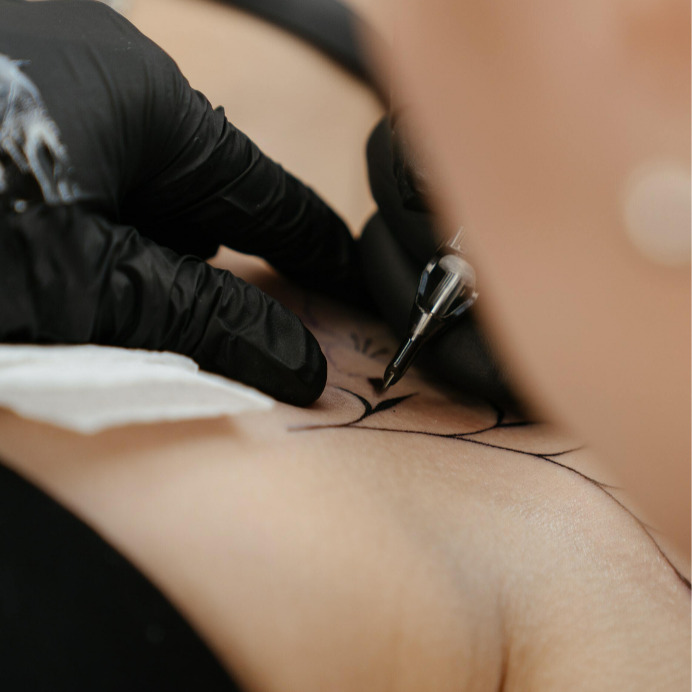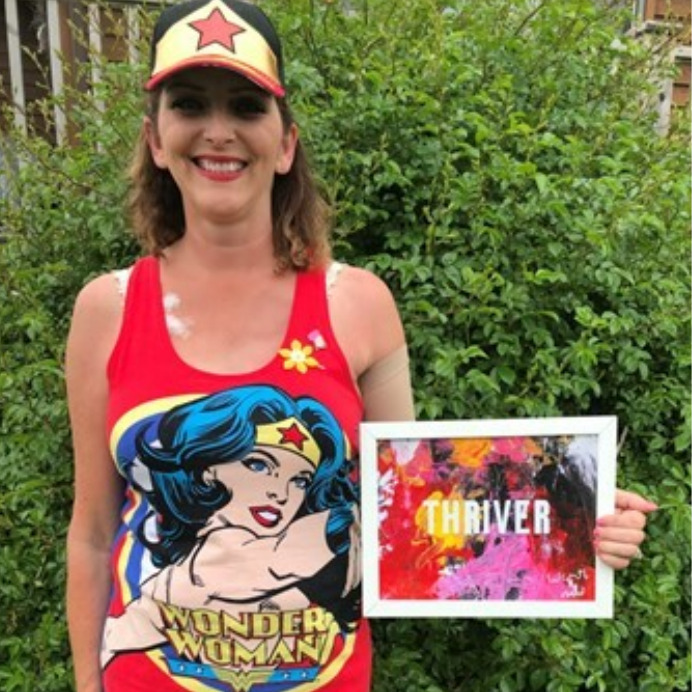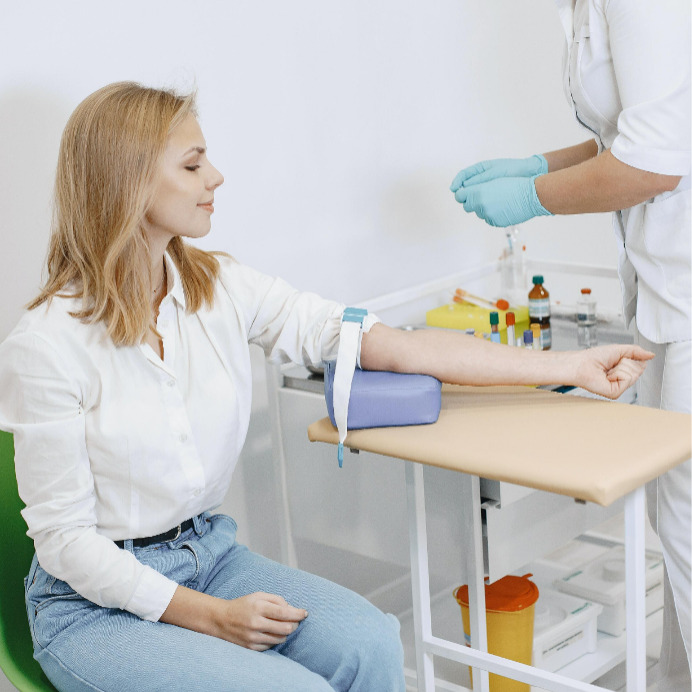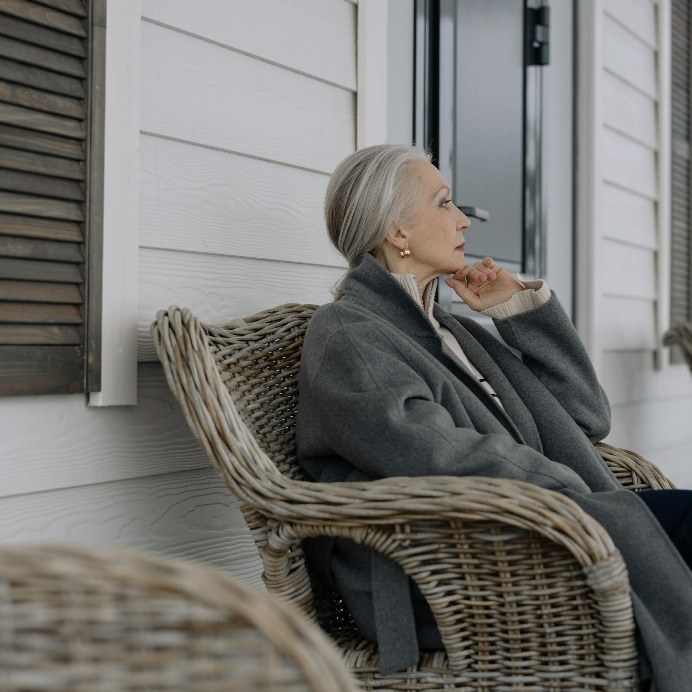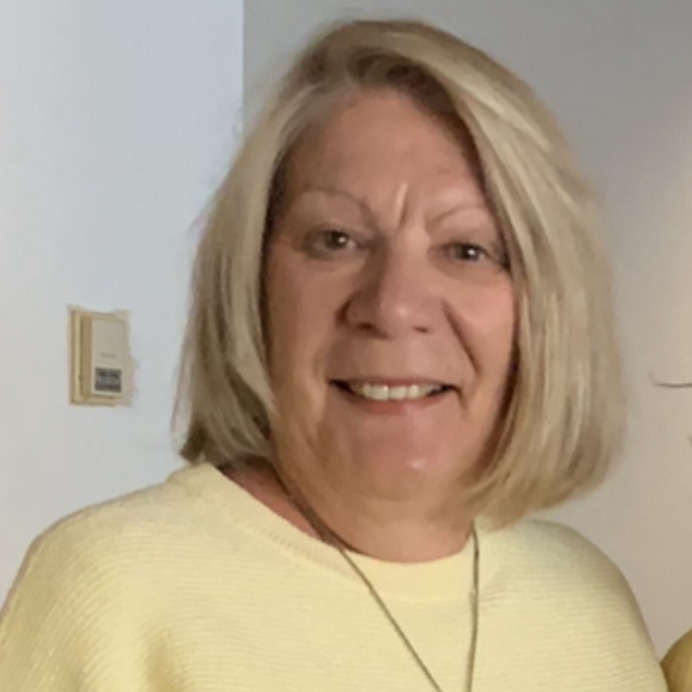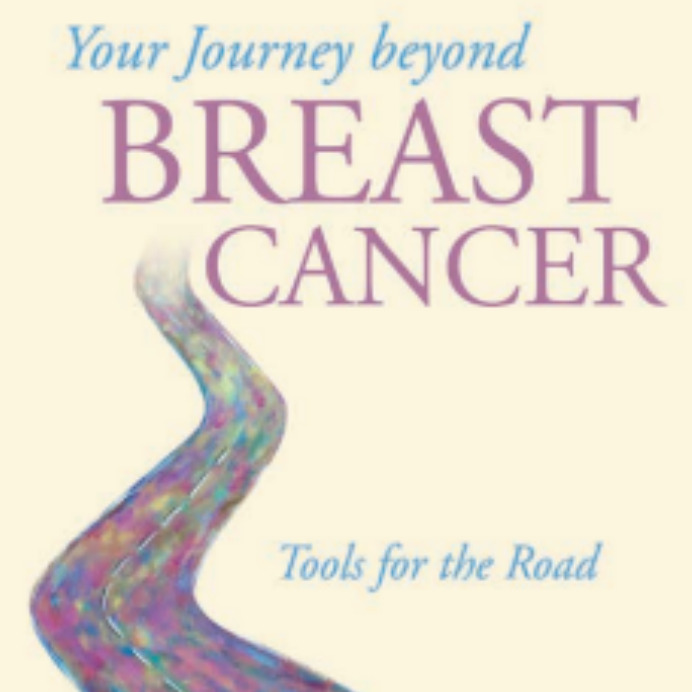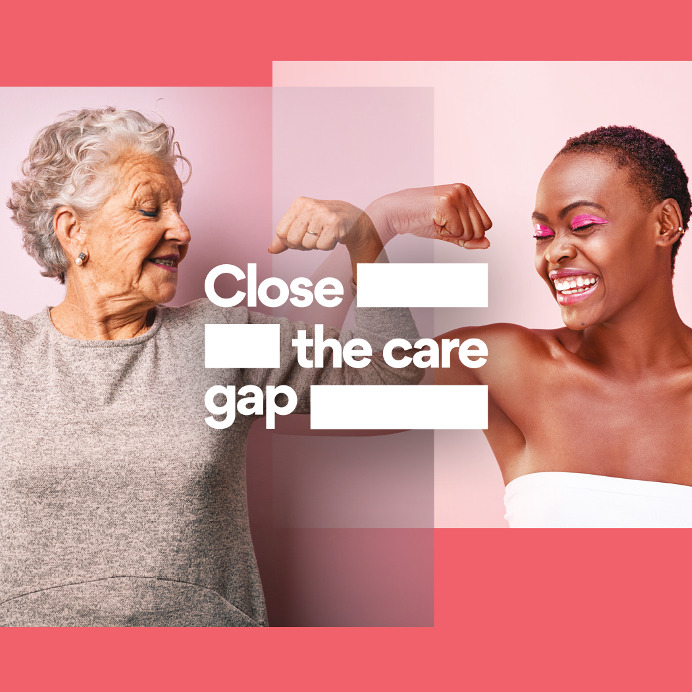By continuing to use our site, you consent to the processing of cookies, user data (location information, type and version of the OS, the type and version of the browser, the type of device and the resolution of its screen, the source of where the user came from, from which site or for what advertisement, language OS and Browser, which pages are opened and to which buttons the user presses, ip-address) for the purpose of site functioning, retargeting and statistical surveys and reviews. If you do not want your data to be processed, please leave the site.
The Voice of People With Breast Cancer
Education
Our Voices Blog
Tag : metastatic breast cancer
Considering a Mastectomy Tattoo? Here’s What You Need to Know
Following breast cancer surgery, there are a variety of options available to you. You may choose to live flat, have breast reconstruction, get implants, or use breast prostheses. Another option that you may have not considered or known about are mastectomy tattoos. Women who have gotten mastectomy tattoos following their breast cancer treatment have given a variety of reasons for getting them, including that they are a confidence boost following treatment, to cover scars, to create something beautiful, and to mark what they’ve been through.
Questions and Experts Session Guide: A Genetic Counsellor Answers Questions about Genetics and Genetic Testing
In today’s post, we provide the questions that were sent in and asked during the live session of our Questions and Experts session held in June 2022. In this session, Rachel Mador-House, a certified Genetic Counsellor, answered questions about genetics and genetic testing. In the parentheses, you’ll find the timestamp of where to find the question in the on-demand video.
The Four Stages of My Stage Four MBC
One night in July 2015, I went to sleep, and everything was fine. When I woke up, it was obvious that everything was not fine. My left breast was swollen, inflamed and painful. I was shocked and worried but tried not to overreact. Then I started making excuses. Maybe my period was coming. Maybe it was cellulitis. Maybe it was a clogged milk duct. Maybe it was. Maybe it. Maybe …
FinNav Five: Support Items and Packages
To highlight the various types of programs listed in FinancialNavigator, we have put together this blogpost series, FinNav 5. In this post, we highlight five programs that provide prostheses, wigs, and other care support items and packages.
What Happens if a Life or Health Insurance Company Denies Your Claim?
A breast cancer diagnosis comes with so many fears and challenges. The last thing you need on your mind is the worry about whether your insurance claim will be approved or denied. Appealing a denied claim can add an additional burden to an already difficult time. Some people don’t even realize that are able to appeal their denied insurance claims. But how do you do it?
5 Clinical Trials Currently Recruiting Across Canada
Each year, May 20th is recognized as Clinical Trials Day across the globe. In honor of this, we are highlighting various multi-centre clinical trials that are currently recruiting participants. Clinical trials are important for the advancement of cancer treatment and care, as well as important in improving the standard-of-care.
For the Newly Diagnosed: Part 2
A cancer diagnosis comes with many questions. While some of those questions can be answered by your healthcare team, many others cannot. That’s why we have put together this “For the Newly Diagnosed’ two-part series; to help patients who have been newly and recently diagnosed get the answers to their most pressing questions that may not be easily answerable. This series is also meant to help patients get ready for and be aware of challenges they may face in the upcoming months.
Questions and Experts Session Guide: A Radiologist Answers Questions about Breast Imaging After Breast Cancer
In today’s post, we provide the questions that were sent in and asked during the live session of our Questions and Experts session held in April 2022. In this session, Dr. Jean Seely, Head of the Breast Imaging Section at the Ottawa Hospital, answered questions about breast screening and imaging after breast cancer. In the parentheses, you’ll find the timestamp of where to find the question in the on-demand video. Read our Screening AFTER Breast Cancer Advocacy Guide to learn more about follow-up surveillance for those who have had breast cancer and to learn how to advocate to access the appropriate testing.
I Know How I Want to Die
I know how I want to die. I want to be in my bed, wearing my favourite pair of black and white patterned, soft cotton pajamas. I’ll be tucked under my duvet, lying on my side with my head resting on top of the extra long, queen-sized and ridiculously expensive down feather pillow I serendipitously purchased right before I was diagnosed with breast cancer. Softer than any pillow I’ve ever owned, it was worth it. After surgery and throughout treatment, my body smooshed into its feathery goodness like a hug. It protected my body parts that hurt and helped ease my stress into sleep. Like my two kitty-cats, it’s just something I won’t die without.
For the Newly Diagnosed: Part 1
Point of view: You’ve recently been diagnosed with breast cancer, and you’re overwhelmed, confused, scared, and more. You are still having a hard time accepting being diagnosed and don’t know where to start in finding out more medical information about your diagnosis as well as trying to prepare yourself emotionally. While you’ve probably received some type of handout from you doctor, there’s still more information that you need to wrap your head about this change in your life. You’ve also likely searched Google for non-medical information but you are having a hard time finding this information.
Your Questions Answered About Disputing Denied Insurance Claims Through the OmbudService for Life and Health Insurance (OLHI)
A common inquiry we receive from patients is what to do if their insurance company has denied their claim related to their cancer treatments. One service we often direct individuals to is the OmbudService for Life and Health Insurance (OLHI). But who are they? And how can they help you?
The Mental Health Impacts of a Breast Cancer Diagnosis
Experiencing a breast cancer diagnosis is overwhelming and while the overall physical impacts of the disease are well-known, the mental health impacts are often less discussed. The shock of being diagnosed, the fear of recurrence, and the anxiety that comes with living with a breast cancer diagnosis, among other mental health effects, are not considered. As far as the public knows, breast cancer is a physical disease that lasts only as long as its treatment. However, we know that is nowhere near the truth. To highlight this, we asked community members to comment on what impact their breast cancer diagnosis and experience has ha or continues to have on their mental health.
Radiation Prep. Three Tips You Need to Help You Feel in Control and to Support Yourself
Having radiation treatment is something you can never truly be emotionally ready for. At least I wasn’t. The doctors shared the basic need-to-know information, but the rest felt vague, unknown and definitely out of my control. Of course I Googled radiation treatment and what to expect, but again, something was missing. Where was the insider insight I desperately wanted? Rationally, I knew there would never be a guide tailored to my breast cancer experience, everyone experiences it differently as treatment is unique to your cancer and your body. But after the surgery, after I was told I had Stage 1 cancer, after my lump was sent to California for Oncotype DX testing to determine whether or not it would spread, have the likelihood of a recurrence and what my best treatment plan should be, it was my turn. And I always wished there was a checklist I could refer to or a step-by-step action plan I could walk to make my journey into the unknown a little better. There wasn’t, so I’m sharing what I’ve learned along the way so that if you need this insight or know someone else who may, it is here for you.
On the Fifth Anniversary
Five years ago, I went into a doctor’s office and walked into a storm. I was diagnosed with breast cancer.
Practical Tools to Find Inner Strength and Resiliency During Breast Cancer and Beyond
I know you remember the moment you heard, “You have breast cancer”. Those words began a long journey with many possible roadblocks and detours. You will all be at different points on your cancer timeline. Perhaps you have just been diagnosed, are continuing with treatment, or even managing a reoccurrence. Because each of you is more than a statistic, your journey will be unique. The path to follow must be the one that is right for you. At each turn, you will be faced with many hard decisions. You certainly did not choose this challenge, but it is now in front of you. Deciding what is important, how you want to live, and setting your priorities are some of the many demands of this disease. The challenge is how do you want to move forward towards healing which is finding your wholeness and balance. Cure is the absence of physical disease. Everyone hopes for a cure. Even if you cannot achieve a cure, you can and must seek your definition of healing.
Getting a Second Opinion in our Public Health System
When we hear stories about people’s experiences receiving a diagnosis like breast cancer, we often hear the empowering message to trust your gut and get a second opinion if the answers aren’t sitting well with you. These messages, while meant to be inspiring, can often feel impractical. In other countries, like the US, getting second opinions may be fairly straightforward, but in Canada, second opinions may be a bit trickier to come by.
Understanding Common Research Terms
Have you ever found yourself confused and wondering what all those scientific terms mean in the research studies we share on breast cancer? If so, we’ve compiled a list of common terms used in various breast cancer news articles to help explain how they are used in determining the results and progress of clinical trials and research.
Joycelyn's Cancer Journey
Joycelyn Merkley, from Shelburne, Ontario, describes herself as: a girlfriend, mother, grandmother, sister, and daughter. She has lived 53 years embracing these roles when in July of 2021 she was thrown into another role: breast cancer patient.
Closing the Breast Cancer Care Gap
This World Cancer Day, the focus is on how to ‘Close the Care Gap’. It is a call for everyone to not only become aware of the inequities that exist in cancer care, but to get actively involved in addressing and reducing such inequities. These inequities can be due to systemic and social barriers, as well as general access to care. While such gaps exist, they can be reduced and eventually eliminated. Below, we outline what CBCN is doing to close the breast cancer care gap and what you can do too.
Tamoxifen’s One Perk: Not Having My Period
The only thing I miss about Tamoxifen is not getting my period.

